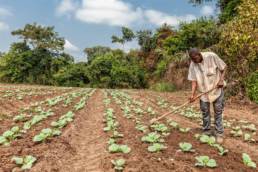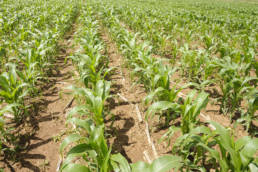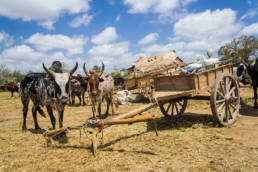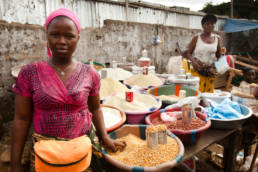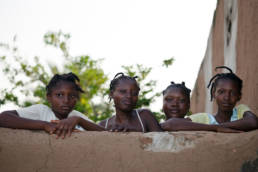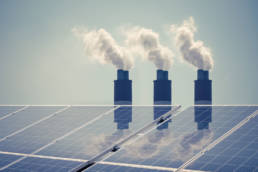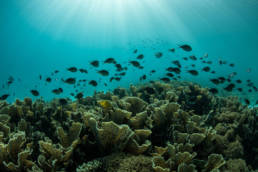Waste Management Project
Waste and its management is one of the most crucial environmental challenges
The Strategy
Strategy A
Provide policy guidance on legislations and national action plans
Strategy B
Promote capacity building in integrated waste management
Strategy C
Promote waste minimisation, re-use, recycling and recovery
Strategy D
Creation/Innovation of technology towards waste management in Africa
From Trash to Treasure
According to United Nations, between now and 2025, the world population will increase by 20% to reach 8 billion inhabitants, and it is estimated that by 2050 the world population will reach approximately 9.5 billion. 97% of this growth is predicted to take place in Asia and Africa. With this increase in population, an increase in waste volumes generated is inevitable.
Waste and its management is one of the most crucial environmental challenges that is facing the world today. As we proceed to develop and improve our standards of living, the amount and types of waste generated is seen to be increasing constantly.
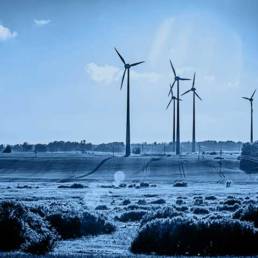
Energy Services: Promoting better services for energy in GB
→

Resilient Agriculture:Sustainable land management in Koulikoro
→
Africa is one of the continents struggling to cope with the increased wastes generated. In urban centres throughout the continent, less than half of the solid wastes generated are collected, of which 95% is not contained nor recycled.
It is unsystematically dumped– usually at sites on the fringes of urban centres, and less frequently at temporary sites. These types of waste disposal act as breeding grounds for diseases and also pollute water sources in the vicinity, leading to serious health and environmental impacts. These poor waste management practices aggravate the existing problem of poor sanitation across the continent.
The main concern is that the infrastructure and land use planning for waste management in Africa is not coping with the growth in the wastes, as well as the types of wastes. This is especially urgent in the slum areas that constitute a big part of many of the cities and towns across Africa. In rural areas, waste management infrastructures are non-existent, leading to high costs of health services, urbanisation and poverty.
Despite the existence of waste management policies at governmental levels in several African states, application and implementation remain problematic. There are many alternatives emerging in the field of waste management, such as composting, separation and recycling.
These options can convert wastes into assets, and can also assist in generating employment and income, which is always desirable. There are a number of powerful, scalable technologies that can be used to turn waste into resources. These practices range from waste sorting and commodity recovery facilities, to extremely efficient energy from waste management plants – mixed waste-streams can be used to generate renewable heat and power for local communities.
The aim of this project to assist the countries to improve their Waste Management systems by addressing issues of unsanitary dumping of wastes, improper treatment of collected wastes and landfills, and inefficient waste management and collections.

To ensure the protection of the environment through effective waste management measures

To ensure regional self-sufficiency in the management of wastes

To ensure waste facilities have proper provisions to manage their wastes

Assist in establishing national institutional frameworks for Waste Management in African Countries

To protect the health and wellbeing of the people through efficient waste management systems across Africa’s Nations

Grow the contribution of the waste sector to GDP across Africa

Increase number of jobs within waste services, recycling and recovery sectors
RENEWABLE ENERGY
Making Biogas Mainstream
A recent analysis of an energy production plant in Romania found that biogas saves 114 thousand tonnes of direct CO2 emission per year that would have been generated by combustion of methane.
CLIMATE CHANGE
Why Africa is at risk?
By 2050, average temperatures in Africa are predicted to increase by 1.5 to 3°C, and will continue further upwards beyond this time.





